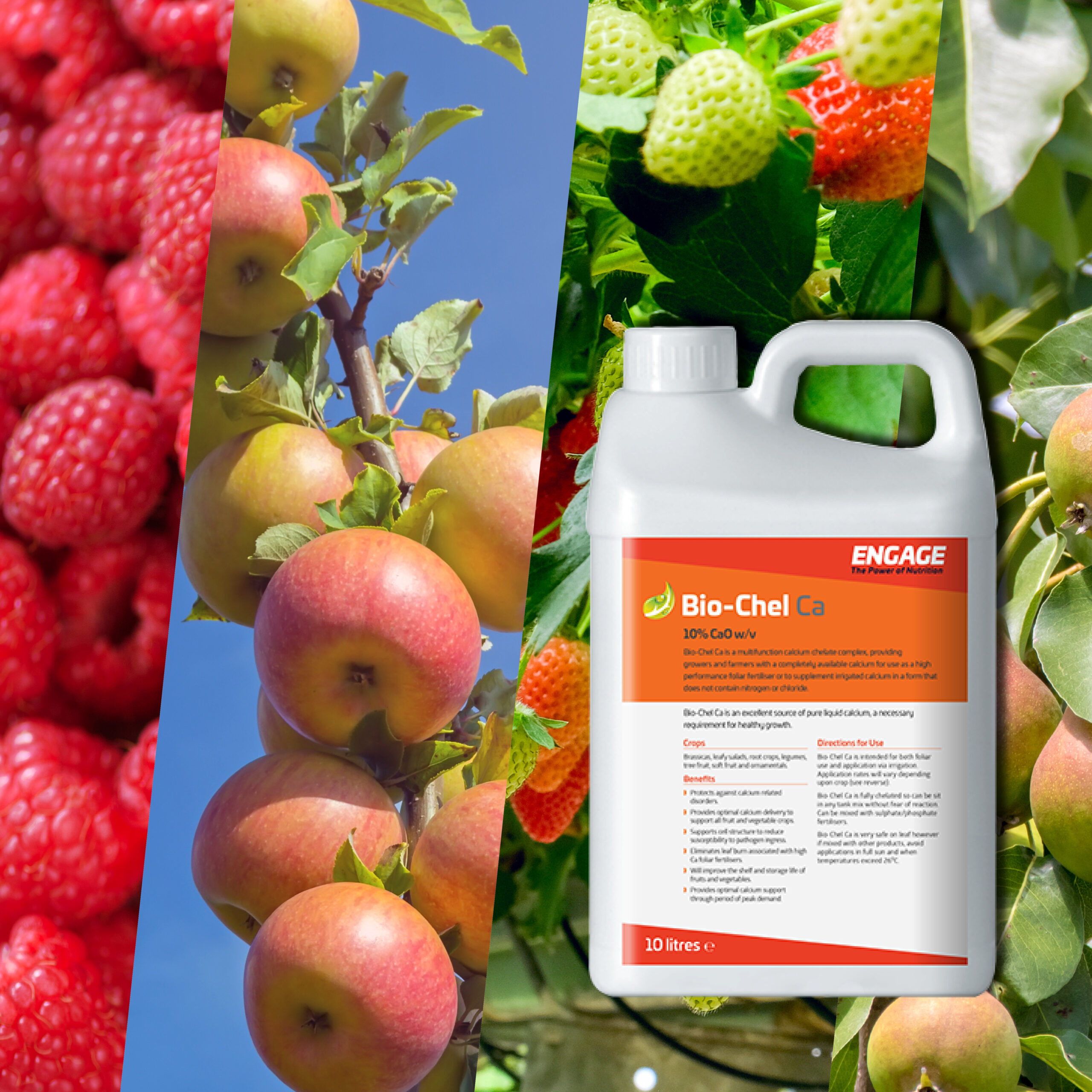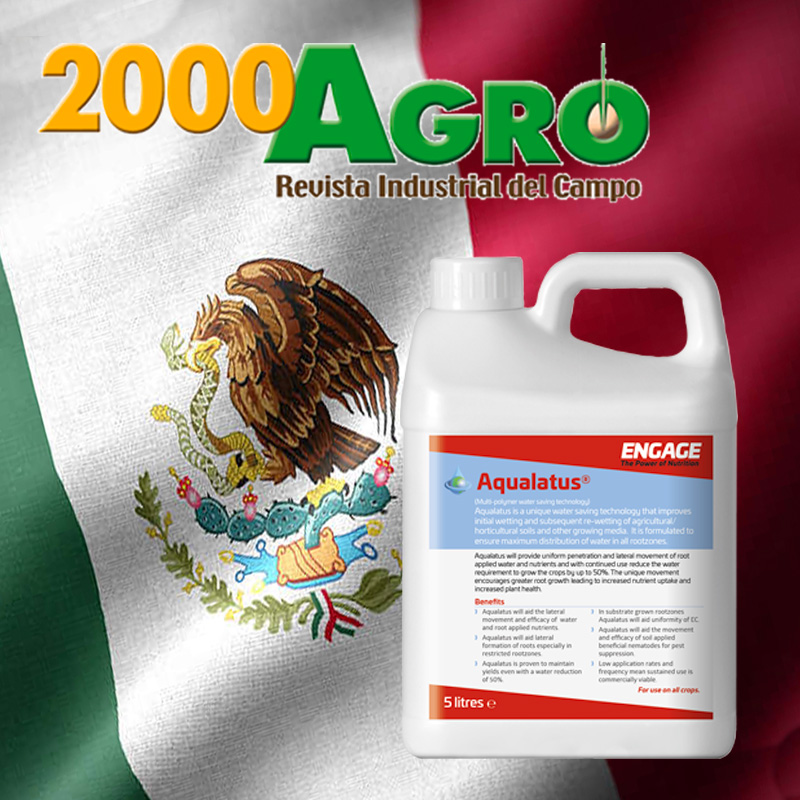When we created Bio-Chel Ca, one of the main drivers was to allow us to use on all crops with multiple applications, so the price needed to reflect this. It is highly cost-effective at £2.60/acre per application. We think Bio-Chel Ca is the best calcium source in the world and urge all growers to use it and see the difference.
Read Mark’s article below:
Bio-Chel Ca – The Solution to Calcium Deficiency?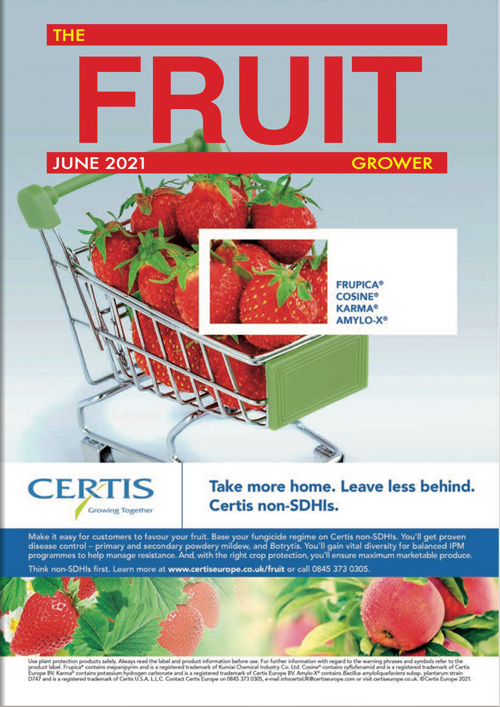
This time of year, many crops suffer from variable transpiration and new root development which limits calcium uptake resulting in reduced quality produce and lower yields. It’s at this point growers reach for foliar support to supplement calcium, yet time after time growers still see low levels of calcium in crops even after a possible full programme of applications.
The reason for this is based in the nutrient itself. Calcium is the largest of nutrient molecules and is highly charged as Ca++ as well as being highly reactionary. So, in soils it may bond itself out of availability and in sprays and nutrient solutions it will reacts with other nutrients and plant protection compounds to create insoluble precipitates which again inhibit its availability to the plant.
In soil, it has to compete for uptake with nutrient cations such as potassium, nitrogen and magnesium which plants find far easier to take up and it needs new roots for optimal uptake as older roots are less effective at accessing calcium. This can be a problem for perennial crops such as tree fruit as they mature. Once in the plant calcium is only mobile in the xylem vessels (arteries of the plants vascular system) and not the phloem (veins of plants vascular system). Calcium transport in the vascular system is controlled by transpiration, the process of water movement through a plant and its evaporation from aerial parts, such as leaves, stems and flowers. If transpiration is affected in any way, calcium reinforcement drops. Once laid down by the plant the calcium remains static as it then cannot be moved around the plant. It is however, lost during the transpiration process.
For years companies have been developing foliar calcium products in an effort to enhance foliar penetration and assimilation by making stronger products, products with organic materials to aid leaf penetration and technologies to stimulate greater assimilation, all with variable degrees of success. Mark Horner, lead agronomist at Engage has been responsible for helping to develop several of Europe’s leading calcium foliar sprays; he explains why foliar calcium, even with current technologies, can be so variable in its effects.
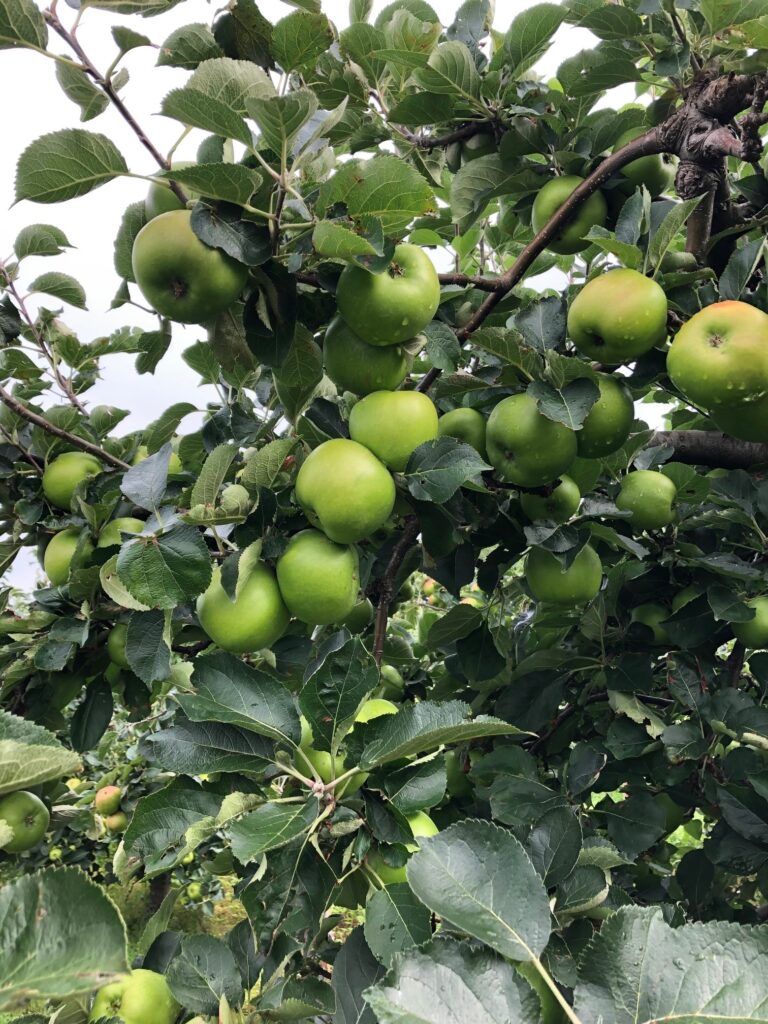 “There are three main issues to overcome with foliar calcium. This first is the size of the calcium molecule. As an ion calcium is very large and so it is very difficult to get it through the surface of leaves. Nutrient solutes can pass through localised pathways called ‘ectodesmata’ and these are very small. Therefore, calcium finds it very difficult to pass thought these pathways. They can, however, be stimulated by certain organic compounds to open up wider to allow more calcium through, which is why you see many foliar calcium’s with organic elements to their formulation.
“There are three main issues to overcome with foliar calcium. This first is the size of the calcium molecule. As an ion calcium is very large and so it is very difficult to get it through the surface of leaves. Nutrient solutes can pass through localised pathways called ‘ectodesmata’ and these are very small. Therefore, calcium finds it very difficult to pass thought these pathways. They can, however, be stimulated by certain organic compounds to open up wider to allow more calcium through, which is why you see many foliar calcium’s with organic elements to their formulation.
The second is that in nearly all cases the calcium added to foliar is in the form of a compound salt, which means it is attached to an anion such as nitrate, chloride, sulphate, phosphate etc. The leaf produces a negative charge and creates an electrochemical gradient to increase the movement of cations and water molecules.
The flow of cations through the cuticle membrane is much easier than that of anions, with studies showing this to be up to 100 times higher. Anions are negatively charged so are repelled to an extent and will, when in a foliar calcium, reduce overall efficacy.
The final issue is tank mixability, foliar calcium’s are highly reactive and so growers need to be really careful when mixing other nutrients, biostimulants and plant protection products with calcium. We often see calcium being added to multiple product foliar mixes which creates a reaction, forming calcium compounds rendering a percentage of the applied calcium unavailable to the crop.”
Engage’s extensive knowledge of calcium helped them create their foliar calcium, Bio-Chel Ca. They needed to create a product that was pure calcium, which stimulates leaves to accept it and would not react in spray tanks. The only way to do this was to use a chelate. Standard calcium chelates are expensive and are known to have a poor level of safety on leaf, so the only way forward was to create their own chelate using a unique organic chelator.
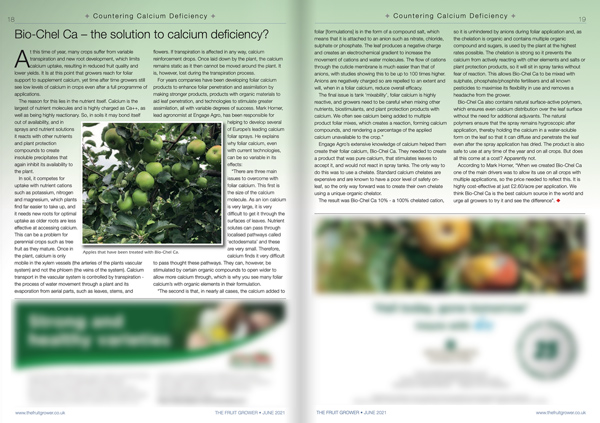 The result was Bio-Chel Ca 10%; a 100% chelated cation so it is unhindered by anions during foliar application and as the chelation is organic and contains multiple organic compound and sugars, is used by the plant at the highest rates possible. The chelation is strong so it prevents the calcium from actively reacting with other elements and salts or plant protection products, so it will sit in spray tanks without fear of reaction. This allows Bio-Chel Ca to be mixed with sulphate, phosphate/phosphite fertilisers and all known pesticides to maximise its flexibility in use and removes a headache from the grower.
The result was Bio-Chel Ca 10%; a 100% chelated cation so it is unhindered by anions during foliar application and as the chelation is organic and contains multiple organic compound and sugars, is used by the plant at the highest rates possible. The chelation is strong so it prevents the calcium from actively reacting with other elements and salts or plant protection products, so it will sit in spray tanks without fear of reaction. This allows Bio-Chel Ca to be mixed with sulphate, phosphate/phosphite fertilisers and all known pesticides to maximise its flexibility in use and removes a headache from the grower.
Bio-Chel Ca also contains natural surface-active polymers which ensures even calcium distribution over the leaf surface without the need for additional adjuvants. The natural polymers ensure the spray remains hygroscopic after application thereby holding the calcium in a water-soluble form on the leaf so that it can diffuse and penetrate the leaf even after the spray application has dried. The product is also safe to use at any time of the year and on all crops. But does all this come at a cost? Apparently not. According to Mark Horner,
“when we created Bio-Chel Ca one of the main drivers was to allow its use on all crops with multiple applications, so the price needed to reflect this. It is highly cost effective at just £2.60 per acre per application. We think Bio-Chel Ca is the best calcium source in the world and urge all growers to try it and see the difference”.
Contact Engage…
For more information about our products or interested in learning more about our services?

